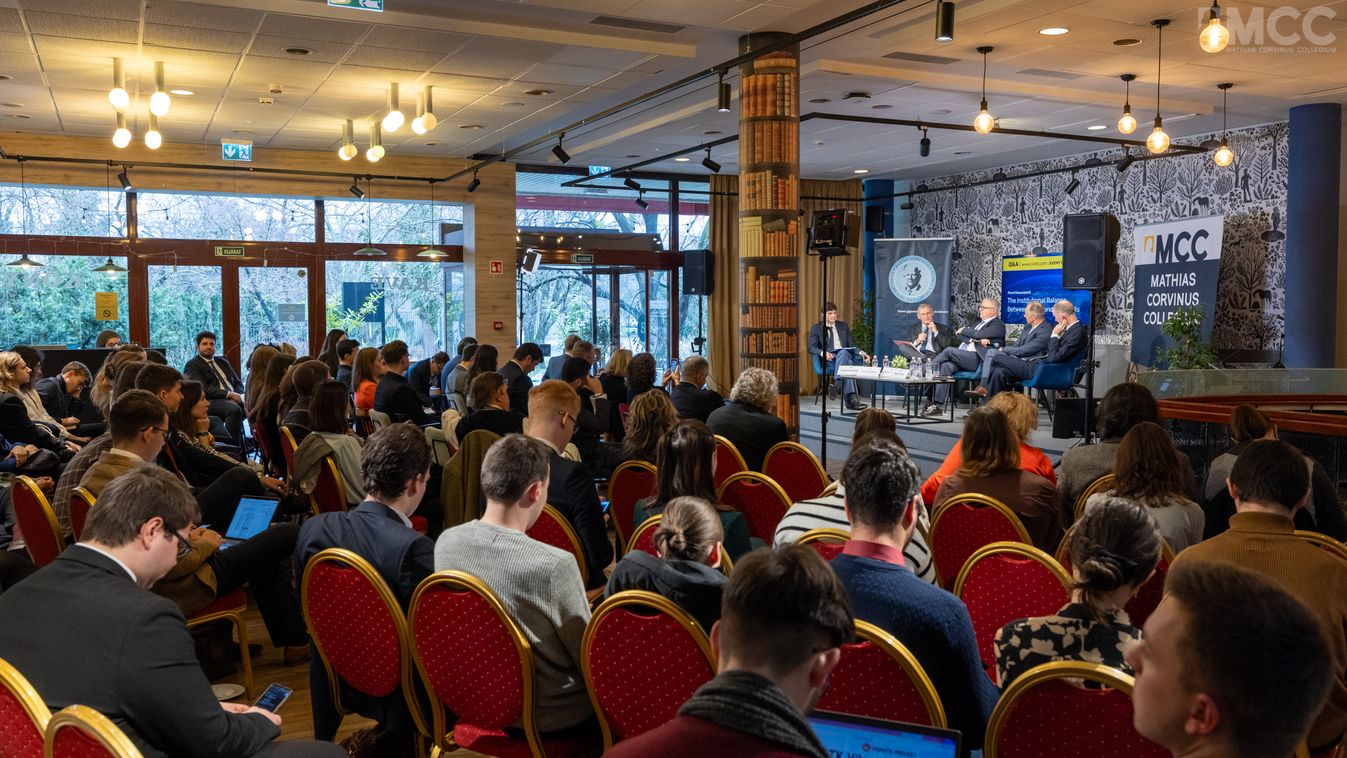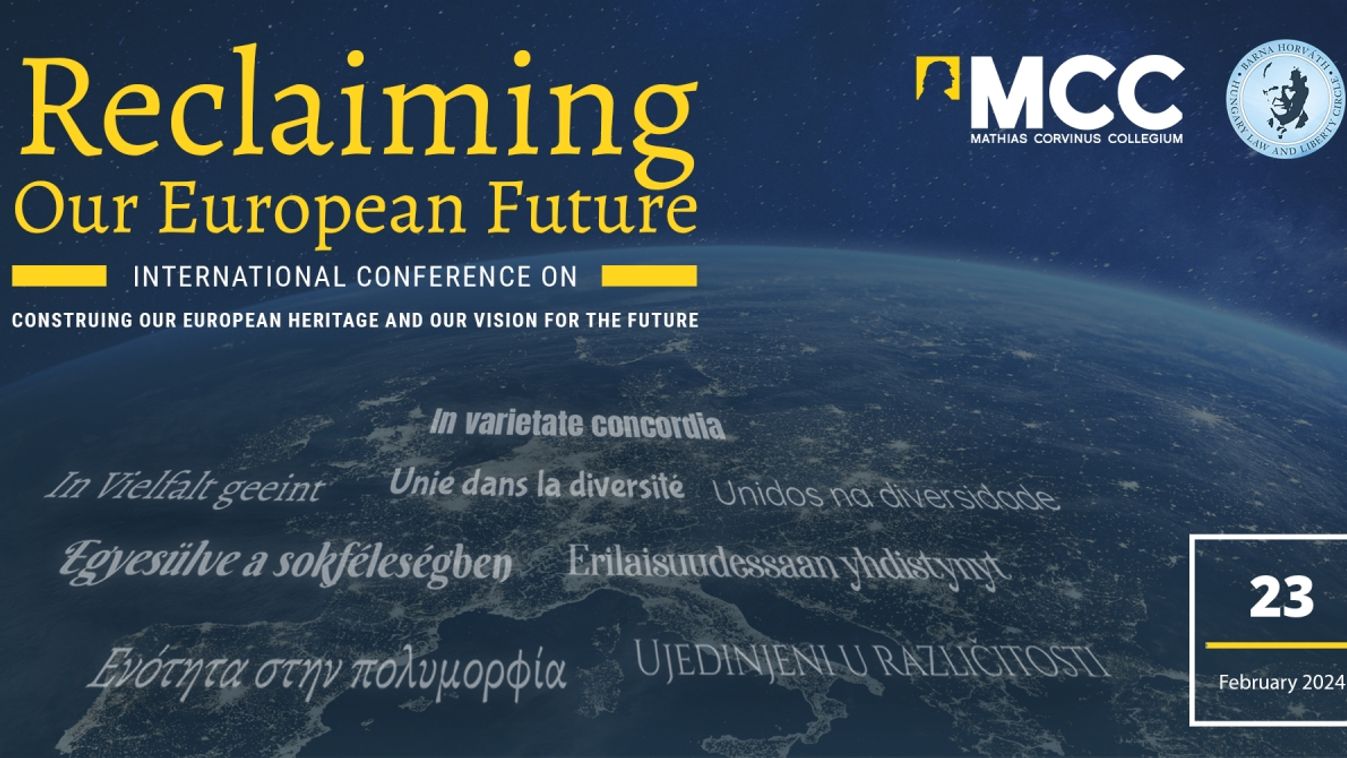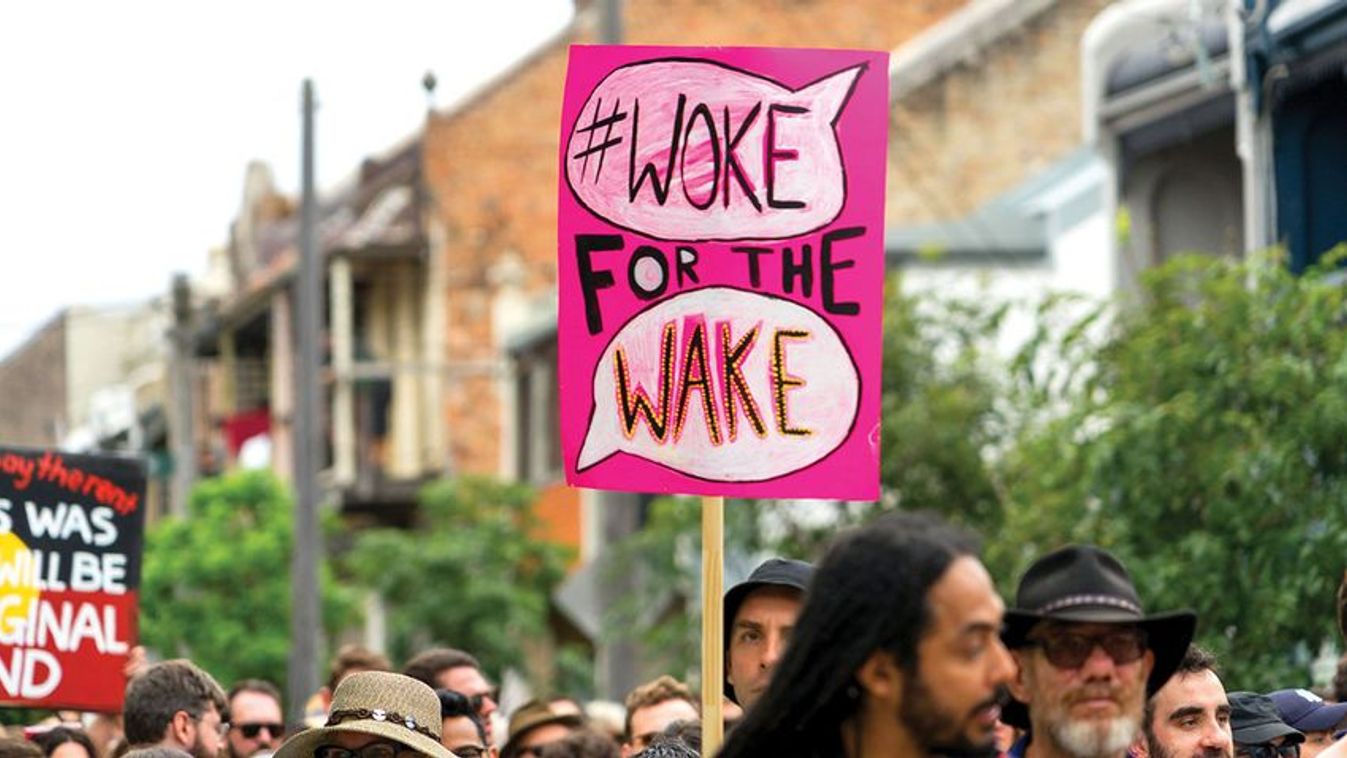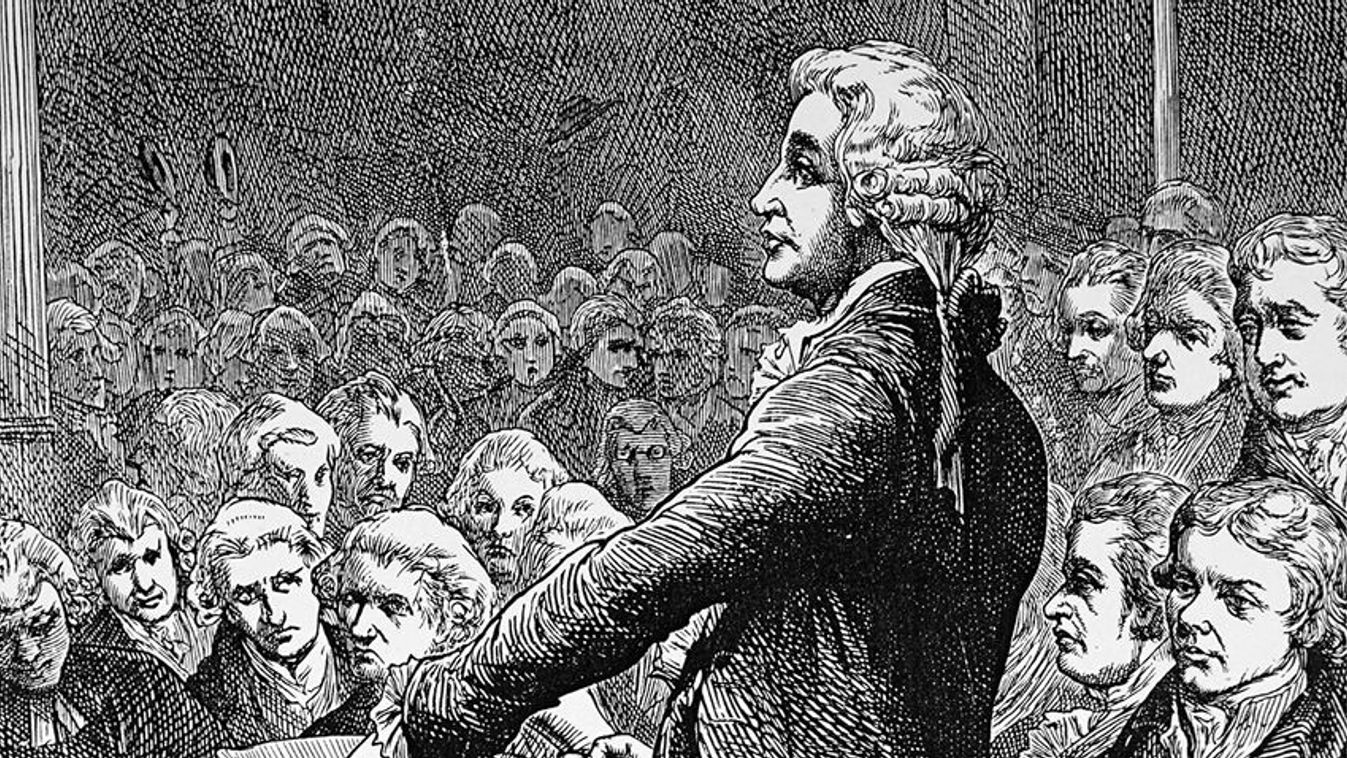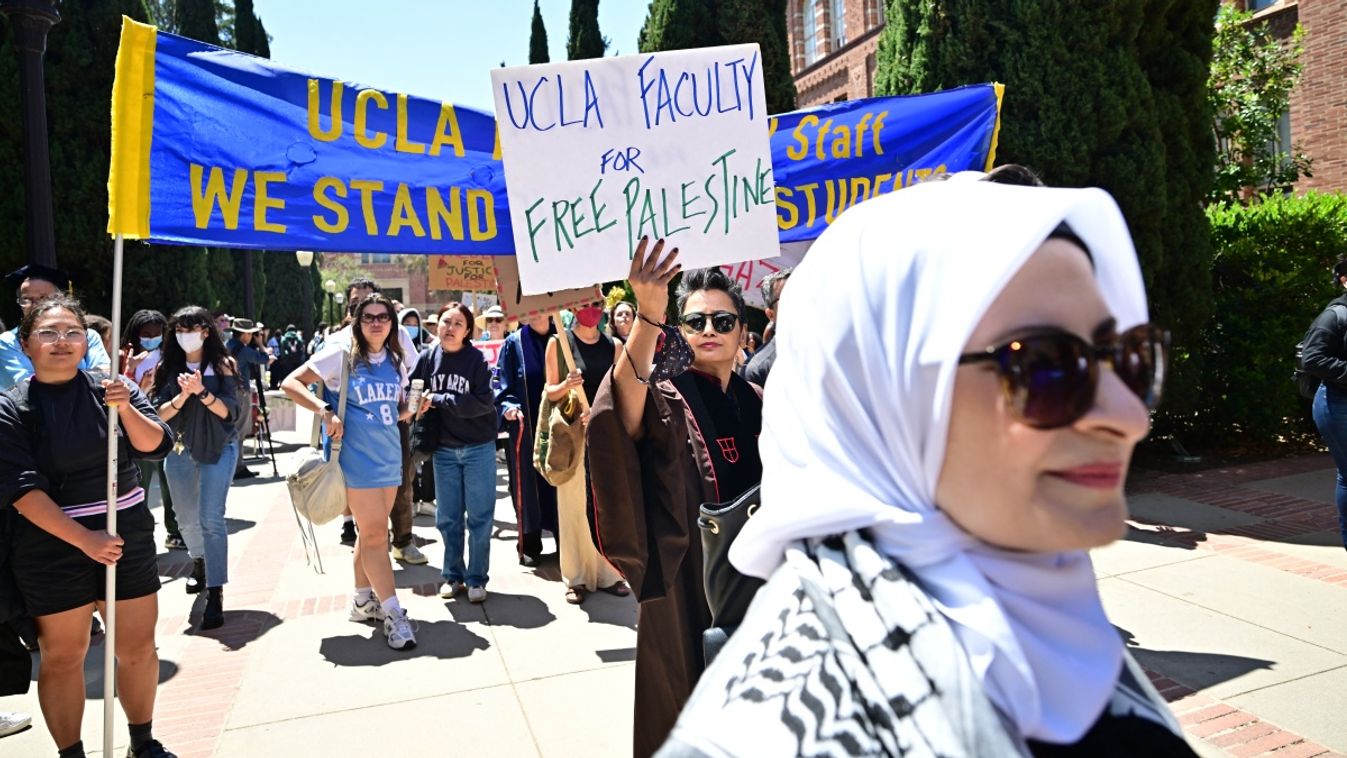The COVID-19 pandemic, along with the economic and social crises attendant on it, are testing the courage and ability of governments around the world. At the same time, the United States is facing an old – new phenomena in governance, the principle of Federalism. The question was whether the state governors or the federal government had the right to order quarantines and then reopen the country. What is the importance of the principle of Federalism in the governmental arrangement of the Unites States and how do you see it now, through the eyes of the legal historian?
In the United States during the COVID-19 pandemic, we have seen a limited resurgence of the principle and practice of Federalism. The governors and legislatures of the various states have made different decisions about closing factories, businesses, and churches; ordering residents to stay at home; prohibiting or limiting private gatherings; requiring masks or other protective gear; and so on. They have also set different time frames for all of these. Now, we are in the phases of re-opening. Almost every state has something it calls “Phase 1,” “Phase 2,” and so forth. These have different meanings in each state, and different time frames. The Federal government is playing little role in making these decisions.
In dealing with this pandemic, the differences between the states and the relatively minor role of the Federal government are not because of any great Constitutional struggle or principle. It is simply the result of several particular factors. First, in the United States there is hardly any precedent for dealing with such a contagious disease. The last pandemic we faced was in 1918 with the Spanish flu. The 1918 pandemic was far worse than this one has been so far in terms of deaths, but most Americans just carried on as normal with minimal restrictions. Second, the severity of this pandemic varies a lot depending on factors like living in dense concentrations. It is important to remember that this is a very large country geographically. The United States covers 9.83 million square kilometers. For comparison, all of Europe combined, including the European part of Russia, is 10.18 million square kilometers. (A French friend of mine once told me, totally seriously, that when she visited California she wanted to make a day trip by car from San Francisco to Los Angeles and back. She was taken aback when I laughed. She was surprised to learn that the distance between San Francisco and Los Angeles is 615 kilometers.) We have vast differences in geography, climate, and population dispersal. Some states have huge cities, others no large cities. So, it is not that surprising that during this pandemic, differences between the states are permitted. Third, it has been very unclear what exactly the best strategy is in dealing with this new virus. So again, the states have been allowed to experiment somewhat.
States’ rights have been weakening at least since the “New Deal.” How do you evaluate the recent measures during the pandemic?
I don’t think that these recent differences among the states portend any large shift in the direction of Federalism. Federalism has been undermined for a long time, starting well before the so-called “New Deal” in the 1930s. During and after our massive Civil War (1861-1865), the Federal government gained large new powers. At that time, the name “the United States” became singular rather than plural. This was an enormous symbolic change. Industry and markets became national in scope, and so did government regulation. A huge change, probably the most important ever in the history of our country for Federalism, happened in 1913. In that year, the Sixteenth Amendment to the U.S. Constitution was ratified. That Amendment gave the national Congress the power to impose a Federal income tax directly on individuals. As always with government, taxation is the key.
That federal power to tax individuals’ income opened the door to the totally different world of government that we see in the United States today. Of course, this revenue enabled greater federal regulation. The federal government could pay for lots of officials to enforce regulations. And the federal power to tax led to other kinds of spending, including direct transfers to private individuals. For example, in the current pandemic, the biggest role of the Federal government has been to hand out money. The federal government is giving unemployed workers $600 a week, on top of the state unemployment benefits. Now, even much of the funding of state governments comes from the federal government. Currently, the federal government transfers over $550 billion per year to states and localities. That money comes at a price. The federal government imposes all kinds of requirements on states in order to receive this money. It basically forces the states to adopt many policies, concerning almost every action of government.
As our saying goes, “He who pays the piper calls the tune.”
In short, in the United States today, the federal government completely dominates taxation and spending. Which is to say, it completely dominates.
One of the causes and aspects of a weakening Federalism was the centralization or “unification” of fundamental rights by the Federal judiciary. What were the purposes and what are the downsides of the “incorporation” of the Bill of Rights?
A main reason why judges first incorporated the federal Bill of Rights against the states was the treatment of Blacks in the Southern states. In the 1930s, concern grew among Northern elites that Southern Blacks were being treated unfairly, especially in criminal cases. Many provisions of the federal Bill of Rights concern procedure in criminal cases. For example, the Sixth Amendment contains a right to jury trial in criminal cases and a right to defense counsel. This concern about Blacks intensified during our “Cold War” with the Soviet Union. Americans outside the South began to question whether the United States could hold itself out as the leader of the free world if American Blacks were treated unfairly. This mainly regional problem drove incorporation of the federal Bill of Rights from the 1930s through the 1960s.
During the 1970s and afterward, a different type of concern arose. Judges began to interpret the federal Bill of Rights to include rights to sexual and reproductive conduct; to prohibit any government endorsement of religion; to permit obscene and pornographic speech and publications. These rights are nowhere to be found in the text of the Constitution. These kinds of decisions sprang from a very strong view of individual autonomy. I think it is fair to say that these decisions grew out of a weakening of religion, especially among elites. With no or only nominal faith in a Biblical God, elites worshipped the self as god. Eventually, much of the rest of the population began to do the same. But not all the population, and the extent of traditional worship varies a lot from state to state.
So, there are really two features of the incorporation of the federal Bill of Rights against the states. One is the application of provisions to the states. The other is aggressive interpretation of those provisions.
What are the disadvantages of this kind of interpretation?
Applying a provision of the Bill of Rights to the states has advantages and disadvantages. The advantage is that everyone in the country, at least in theory, gets the benefit of the right. The disadvantage is that states are prevented from experimenting and possibly coming up with better ways to do things. This disadvantage is especially a problem in trying to reform systems of criminal justice.
A major difficulty with the courts adopting aggressive interpretations of rights is that Americans are now, in important respects, ruled by unelected judges. On many fundamental matters, we no longer have the possibility of voting. This is anti-democratic. It also undermines the rule of law. One can have a tyranny of judges.
This is why today every nomination to the U.S. Supreme Court is such a ferocious political battle.
There is a great problem with the U.S. Constitution. Opponents of the Constitution, called the Anti-Federalists, pointed this out way back in the eighteenth century. This problem concerns the federal judges. Our federal judges have the power of judicial review. That is, they can declare laws of the state and federal governments to be void because they are contrary to the federal Constitution. And, combined with that enormous power, federal judges are totally independent. There is almost no way to control them once in office. This is a recipe for a potential judicial tyranny.
The European Union is increasingly trying to impose a “unified” and rather “Western-European” version of fundamental rights and rule of law concept on their member nations. This creates cracks between regions and countries of the EU, especially between the Western and Eastern parts of Europe that was formerly under Soviet military occupation and a Communist regime. How do you see this phenomena from America?
I would urge Europeans to be mindful of the potential for anti-democratic judicial tyranny. For example, the European Court of Human Rights bears careful watching. And of course, financial power is enormous. Maintaining a reasonable degree of financial independence will be a key to preserving national sovereignty. I know that Hungary has been working to achieve such independence.
If one thing is unique in the Constitution of the United States among the various constitutions around the world, then it is the right of the people to keep and bear arms. As a legal history professor, can you shed some lights on its origin and evolution, why it is an important right?
The English Bill of Rights of 1689 allowed subjects to “have arms for their defense.” The previous kings of England had been disarming their political opponents in an attempt to enforce absolute rule. The great thinkers in the liberal tradition—John Locke, William Blackstone, Cesare Beccaria, and Adam Smith—all thought that the right of private citizens to keep and bear arms was necessary. They saw the link between freedom from political oppression and self-defense and personal safety. You cannot have one without the other, and the right to keep and bear arms protects both.
There was both a political and a personal reason for the right.
The framers of the U.S. Constitution thought the same. The Second Amendment has a preface about the militia because the new Constitution gave the Federal government power over the state militias. The militia in those days consisted of all able-bodied men. Some Americans were concerned that the federal government would use this power over the militia to disarm the people. Of the 50 states, 44 have rights to keep and bear arms in their state constitutions.
Before the twentieth century in the United States, there was very little regulation of firearms. Americans settled a continent in the face of staggering dangers and hardships. Guns were crucial for self-protection and for hunting.
In the twentieth century, along with the expansion of regulatory government generally, the regulation of firearms expanded. State and federal governments imposed taxes on guns. They prohibited or limited sale of certain types of firearms. And they created “gun-free zones,” areas such as universities where no firearms were permitted. Some of them imposed complete bans on possession of handguns. And some made it almost impossible for law-abiding citizens to carry a gun for self-protection.
In 1987, Florida became the first state with major cities to ensure that almost all law-abiding adults can get a permit to carry a concealed firearm. Advocates of gun control hysterically predicted murder and mayhem on Florida streets. In fact, violent crime went down. License holders almost never misused their weapons. Florida’s successful law prompted other states to do the same. Social scientists have yet to find any adverse effect on public safety.
In 2008 and 2010, the U.S. Supreme Court decided two important cases about the Second Amendment. Together, they declare that the right to keep and bear arms is an individual right, and that it applies to the states.
Today there are significant pressures to weaken this right. Moreover, there are scholars who even point to the need of “internationalization of constitutional law”. Against this backdrop, do you think it is important to preserve and defend the Second Amendment as well as other rights that are unique to the constitutional tradition of a certain country?
The Second Amendment right to keep and bear arms may be unusual among national constitutions. But it is fundamental to freedom. The liberal thinkers were correct. The right to keep and bear arms protects every other right.
